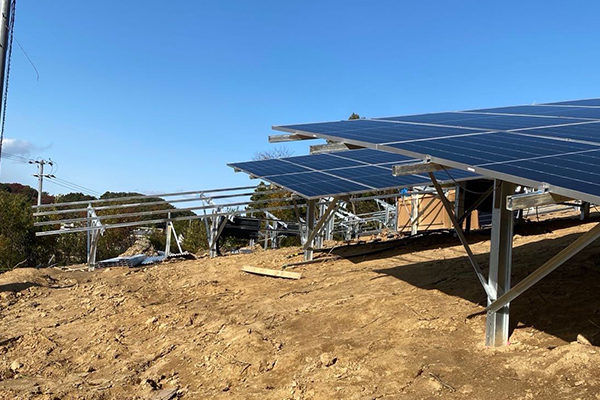Solar mounting systems are essential for installing solar panels, providing stability and optimal positioning to maximize energy production. These systems vary depending on installation location and application.
1. Roof-Mounted Systems
– Sloped Roof Systems: Designed for traditional angled roofs, these mounts are attached with brackets and rails, ensuring stability and precise panel alignment.
– Flat Roof Systems: These use ballasted or anchored mounts to position panels without penetrating the roof surface.
– Standing Seam Systems:Ideal for metal roofs, these mounts clamp onto seams, eliminating the need for drilling.
2. Ground-Mounted Systems
Ground mounts are suitable for open spaces, offering flexibility in positioning and scalability. They are commonly used in large solar farms.
3. Floating Solar Systems
Panels are installed on floating platforms on water bodies, ideal for areas with limited land availability.
4. Other Specialized Systems
– Ballast Systems: Used on flat surfaces where penetrating the base isn’t feasible.
– Solar Canopies:Provide dual functionality by generating power and offering shaded parking.
These systems cater to various needs, balancing efficiency, cost, and site-specific constraints.

